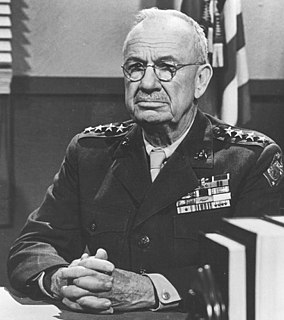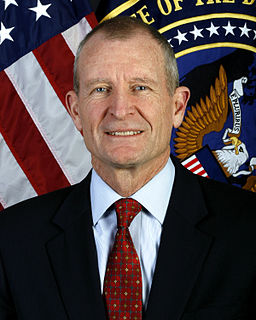A Quote by Robert C. O'Brien
Whereas the U.S. views its naval role in the Pacific as a force for keeping the seas free for navigation by all, China sees things quite differently.
Related Quotes
The vast Pacific Ocean has ample space for China and the United States. We welcome a constructive role by the United States in promoting peace, stability and prosperity in the region. We also hope that the United States will fully respect and accommodate the major interests and legitimate concerns of Asia-Pacific countries.
China likes the idea of sovereign rights when it comes to organizing their politics as they see fit, and their economics. But they may grudgingly come to understand certain things differently in the area of climate or disease. China is a country fairly integrated into the world. Yet China is uncomfortable with this idea because they worry it will constrain their freedom, politically and economically, to do what they believe they need to do to maintain political stability and cohesion.
China has seen a great deal of economic progress. It's certainly rather of a miracle. The growing role of the market in the economy will force China to open up its political system over time and to move toward a more democratic society. So taken as a whole, the one real failure in this whole business has been Russia.



































